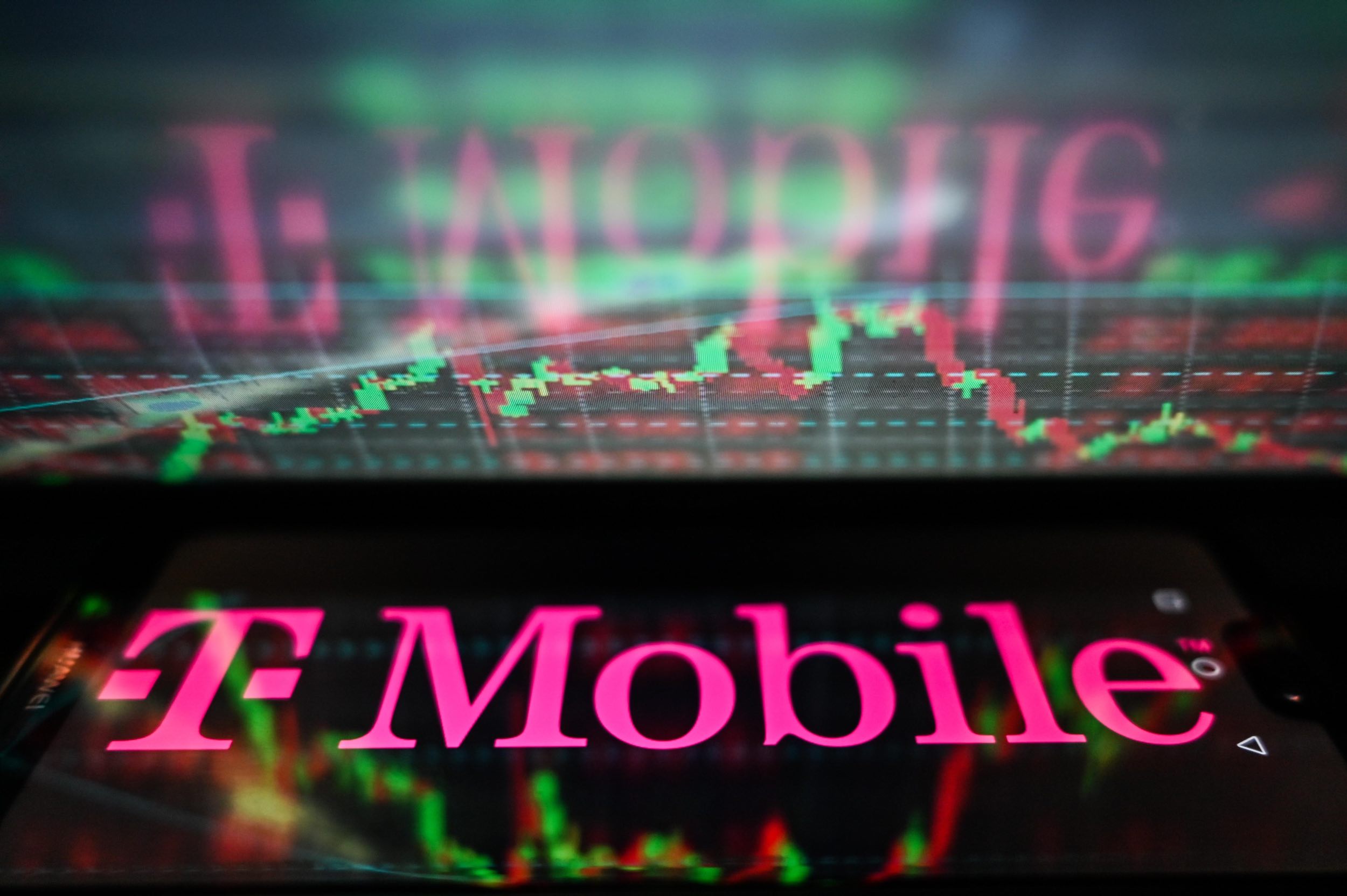Citing frustration with mobile carriers enforcing different phone-unlocking policies that are bad for consumers, the Federal Communications Commission is proposing a 60-day unlocking requirement that would apply to all wireless providers.
The industry's "confusing and disparate cell phone unlocking policies" mean that "some consumers can unlock their phones with relative ease, while others face significant barriers," Commissioner Geoffrey Starks said at yesterday's FCC meeting. "It also means certain carriers are subject to mandatory unlocking requirements while others are free to dictate their own. This asymmetry is bad for both consumers and competition."
The FCC is "proposing a uniform 60-day unlocking policy" so that "consumers can choose the carrier that offers them the best value," Starks said. Unlocking a phone allows it to be used on a different carrier's network as long as the phone is compatible.
The FCC approved the Notice of Proposed Rulemaking (NPRM) in a 5-0 vote. That begins a public comment period that could lead to a final rulemaking. A draft of the NPRM said the FCC "propose[s] to require all mobile wireless service providers to unlock handsets 60 days after a consumer's handset is activated with the provider, unless within the 60-day period the service provider determines the handset was purchased through fraud."
T-Mobile prepaid imposes 365-day lock
FCC Chairwoman Jessica Rosenworcel said that unlocking requirements have been imposed by the FCC in spectrum auctions and by the Department of Justice as a merger condition, but "restrictions on consumers unlocking their phones have persisted." "You bought your phone, you should be able to take it to any provider you want," Rosenworcel said. "Some providers already operate this way. Others do not. In fact, some have recently increased the time their customers must wait until they can unlock their device by as much as 100 percent." Rosenworcel apparently was referring to a prepaid brand offered by T-Mobile. The NPRM draft said that "T-Mobile recently increased its locking period for one of its brands, Metro by T-Mobile, from 180 days to 365 days." The 365-day rule brought Metro in line with other T-Mobile prepaid phones that already came with the yearlong lock. We reached out to T-Mobile and will update this article if it provides a comment. A merger condition imposed on T-Mobile's purchase of Sprint merely requires that it unlock prepaid phones within one year. T-Mobile imposes different unlocking policies on prepaid and postpaid phones. For postpaid devices, T-Mobile says it will unlock phones that have been active for at least 40 days, but only if any associated financing or leasing agreement has been paid in full. Exactly how the FCC's proposed rules will apply to phones that haven't been paid off is to be determined. The FCC will "seek comment on how our proposal might affect the incentive and ability of wireless providers to continue offering discounts on handsets, particularly in connection with extended payment plans, and lower prices on plans with minimum term commitments." One question asked in the draft NPRM suggests the FCC could require unlocking once a consumer with a device payment plan has made the first payment. The FCC asked:Alternatively, should we require service providers to unlock handsets after a period shorter or longer than 60 days? For example, should we require all handsets to be unlocked by default upon activation? Or, should we require all handsets to be unlocked after the end of the handset's return period or after the first payment on the handset has been processed? Would a standardized time period of a certain number of days be easier to implement and enforce than non-standardized time periods based on return periods or billing cycles? What is the minimum amount of time service providers need to protect themselves from handset fraud? Rather than locking handsets, are there other ways service providers can protect themselves from handset fraud that would allow the Commission to prohibit the locking of handsets altogether?


